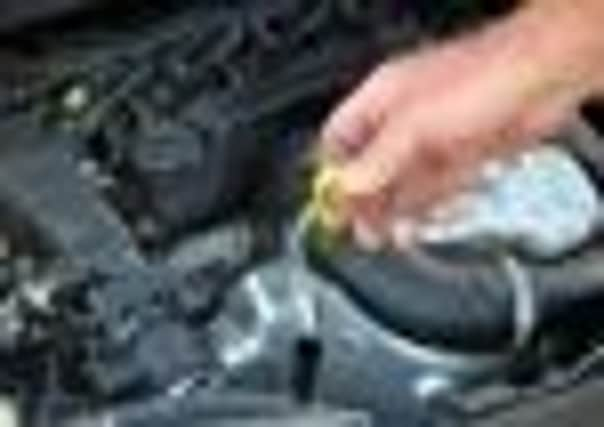Tougher MoT tests as drivers brace for more costs


• Drivers to face more expensive repairs as tough new MoT checks introduced
• Tests will fall in line with mininum standards across Europe
Advertisement
Hide AdAdvertisement
Hide Ad• MoTs will now check on air bags, seat belt pre-tensioners, speedometers and brake fluid warning lights, among other functions
• Driver’s seat adjusters, tyre pressure monitoring systems, xenon lights, electronic power steering malufunction indicator lights and engine mountings also part of new MoT
• Click here for full details
They include tests on air bags, seat belt pre-tensioners, steering wheel locks, driver’s seat adjusters, tyre pressure monitoring systems and xenon lights.
Additional checks, affecting cars, vans, lorries and buses, will also be made on electronic power steering malfunction indicator lights, brake fluid warning lights, engine mountings and speedometers.
The changes are being introduced by the UK Government’s Vehicle and Operator Services Agency (Vosa) to ensure common minimum standards across Europe to reflect advances in technology.
Andy Smith, a patrol for the Automobile Association, said: “If you’ve been happily ignoring a warning light because it’s not part of the MoT, these changes mean your car could now be on the MoT scrap heap or you’ll need to fork out on expensive repairs.
“While it could have expensive consequences for someone running an old car on a tight budget, these changes are long overdue as air bags, for example, have been widely fitted since the mid-1990s.”
The AA said the additional checks had been included in the MoT test since January last year on an advisory basis.
Advertisement
Hide AdAdvertisement
Hide AdVosa chief executive Alastair Peoples said: “The MoT test is designed to make sure that a vehicle is fit to be on the road and so it needs to be updated to reflect new vehicle technology. These changes will not affect the basic cost of a test.”